College
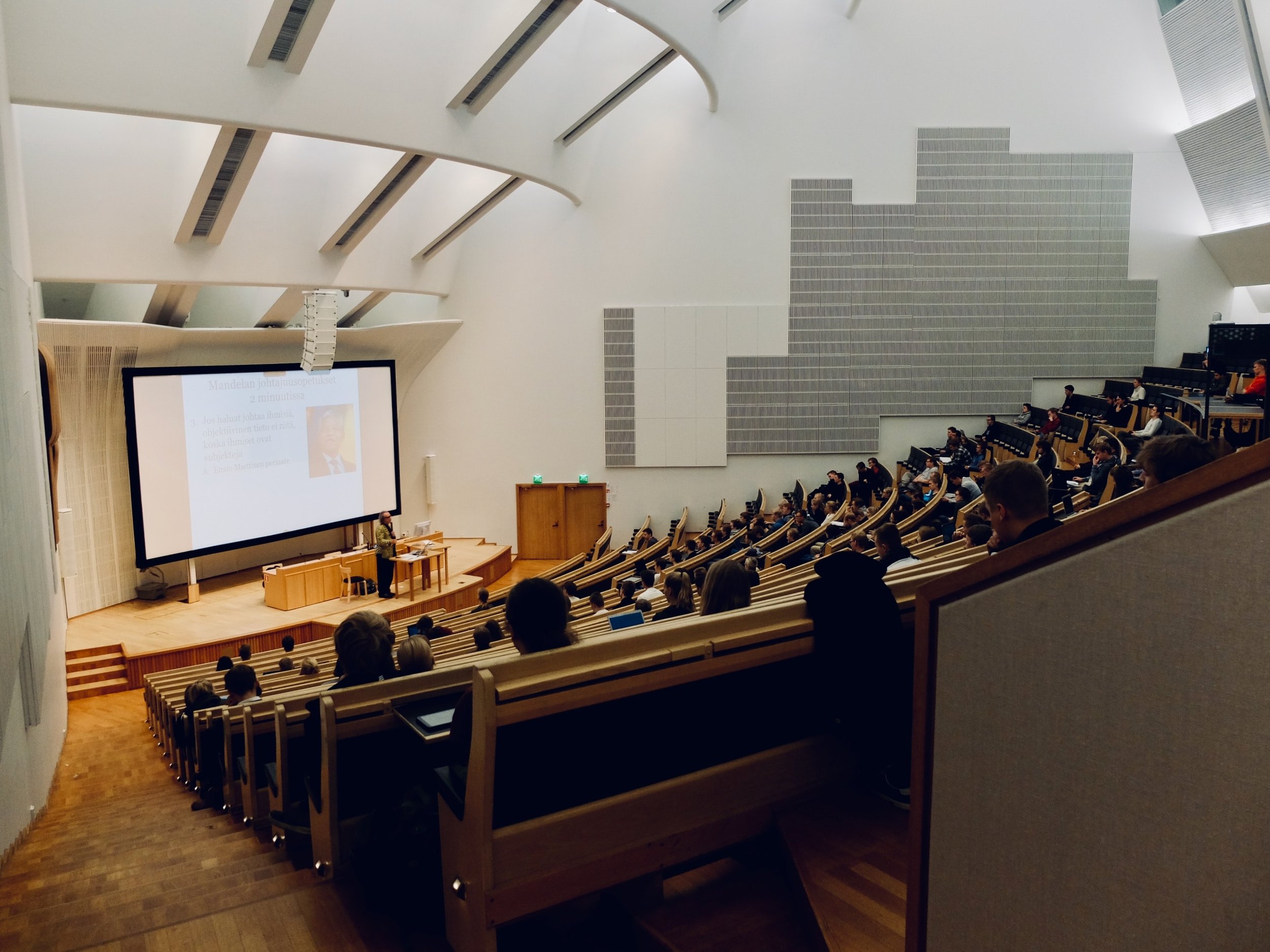
If you are searching for this, you may be feeling the pressure and stress from rapidly approaching deadlines and final exams. Perhaps the rest of the semester went without issue. Maybe you were living carefree, completing assignments whenever you could and sometimes skipping a class just to have a ‘me’ day. Perhaps you attended meticulously, taking very precise notes and studying very hard. Regardless of your college experience, final exams can be a very vulnerable and tense time for many students. If you are feeling the effects of that with late night study sessions, skipping meals and sacrificing sleep to catch up on assignments and material you might have skimped over before, here are some things that can help you with that.

While building insight about any particular idea or choice, our minds tend to have little conversations or monologues weighing all the different aspects and facts around the situation. Sometimes we look to our trusted supports in our life to help in this process and offer an outsider’s perspective. As a therapist, insight-building is often a part of the therapeutic process. Sometimes it is a clear objective and other times it is a byproduct of the therapeutic process itself. Regardless, insight refers to our ability to use our wisdom to build a complete understanding of an idea or situation. This is very important when related to making a choice or building motivation for change.

For some reason, it has been a long road for both public and private academic institutions to take this link between mental health and academic functioning seriously. We are seeing more and more robust and dedicated mental health services and systems in our educational programs, however time spent with many families has shown me that the direct link between mental health struggles and academic struggles is hardly common knowledge.

This may be your first year, this may be your third, regardless, it is very common for people in college to experience stress and anxiety. Is this the first time you are living away from home, or far away from home? Do you feel isolated, overwhelmed from all of your deadlines, and pulling late nights? Many factors can impact how you function and feel each day and college is an environment that presents a lot of different factors to make you feel that way. Transitioning from high school to college is difficult as is. The culture is different, the schedules are different, and it can be easier to let things pile up and prioritize other things, like friends, parties, or work.
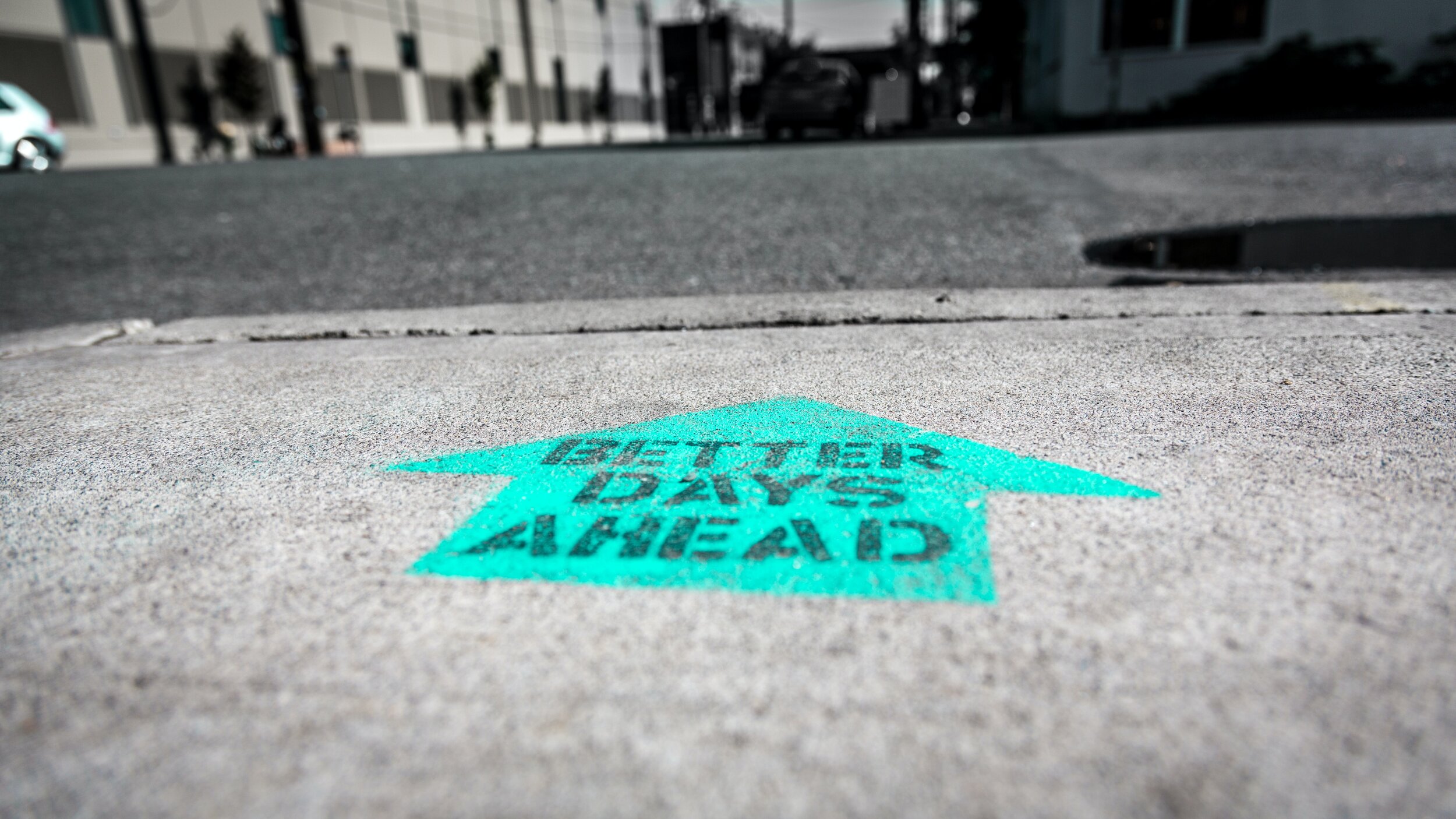
As we grow, our families hope that we remain healthy, feel satisfied with our careers, have satisfying friendships and romantic relationships, and feel positive overall about our lives. Are there factors that might impact the transition from adolescence to adulthood, ensuring we feel positive about these life transitions? Absolutely.
Research suggests that a teen’s affect, particularly positive affect, is a critical factor impacting positive outlook. So what is affect? It’s the tendency to express positive or negative emotions, which in turn influences how we experience things and determine whether to judge a given situation as positive or negative.
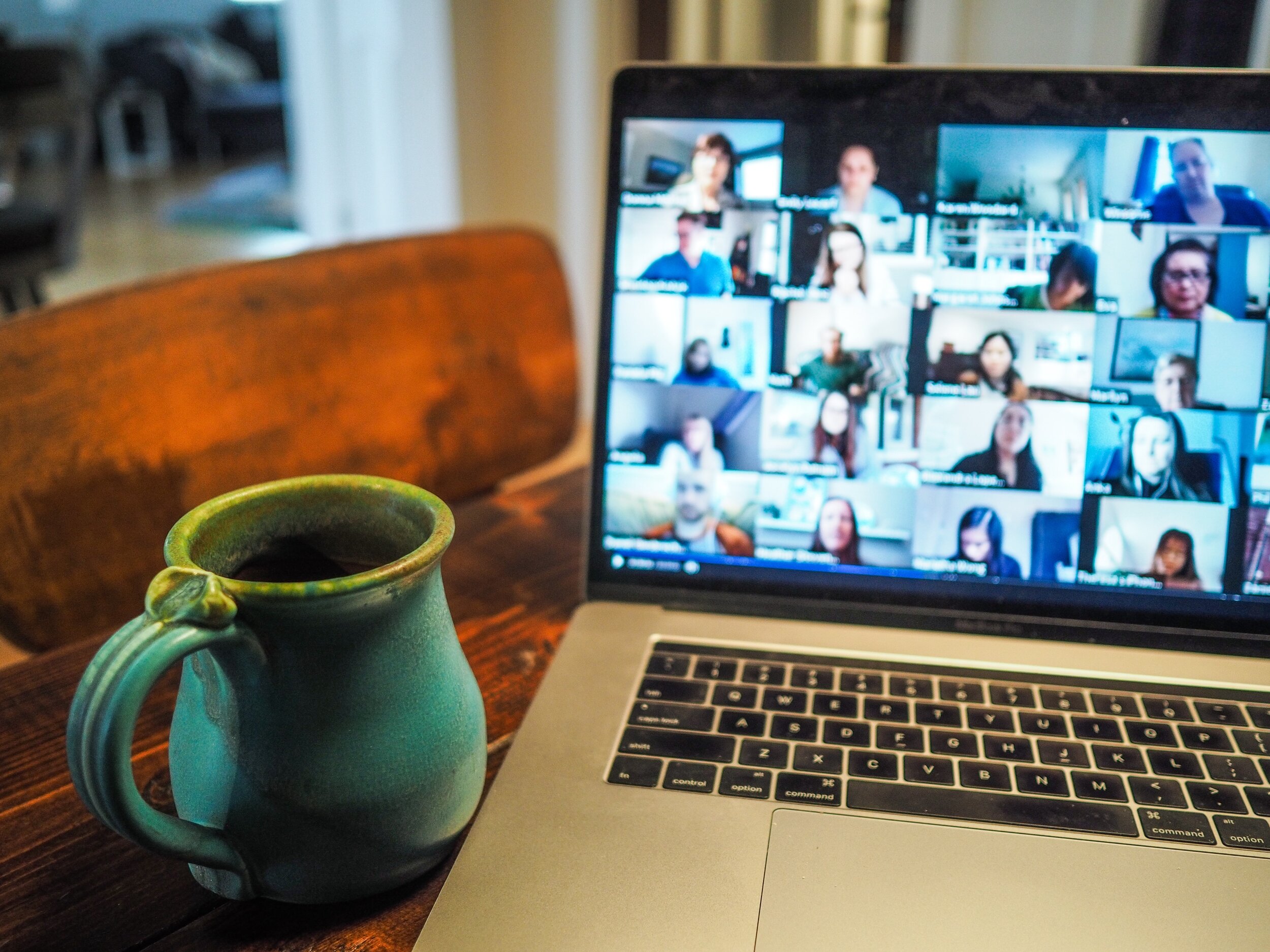
Zoom calls have taken over. A few meetings in the morning, virtual learning, seminars over Zoom, a doctor’s visit over Doxy.me and FaceTime dates with family and friends. As social distancing continues, people move from video platform to video platform throughout the day. The unintended impact of this on mental health may be what’s being referred to as “Zoom fatigue” or the “feeling of tiredness, anxiousness, or worry from one video call to the next”.

Whether a marriage, new home, baby, first job, or beginning college, transitions are common and can lead to both positive and negative feelings. While transitions can be amazing, they can also cause feelings of uncertainty and instability. However as you focus on the future transitions can be smoother. Taking care of yourself and reaching out to supports can help you find your inner peace when managing any large transition.

These mindfulness tips can transform your life!
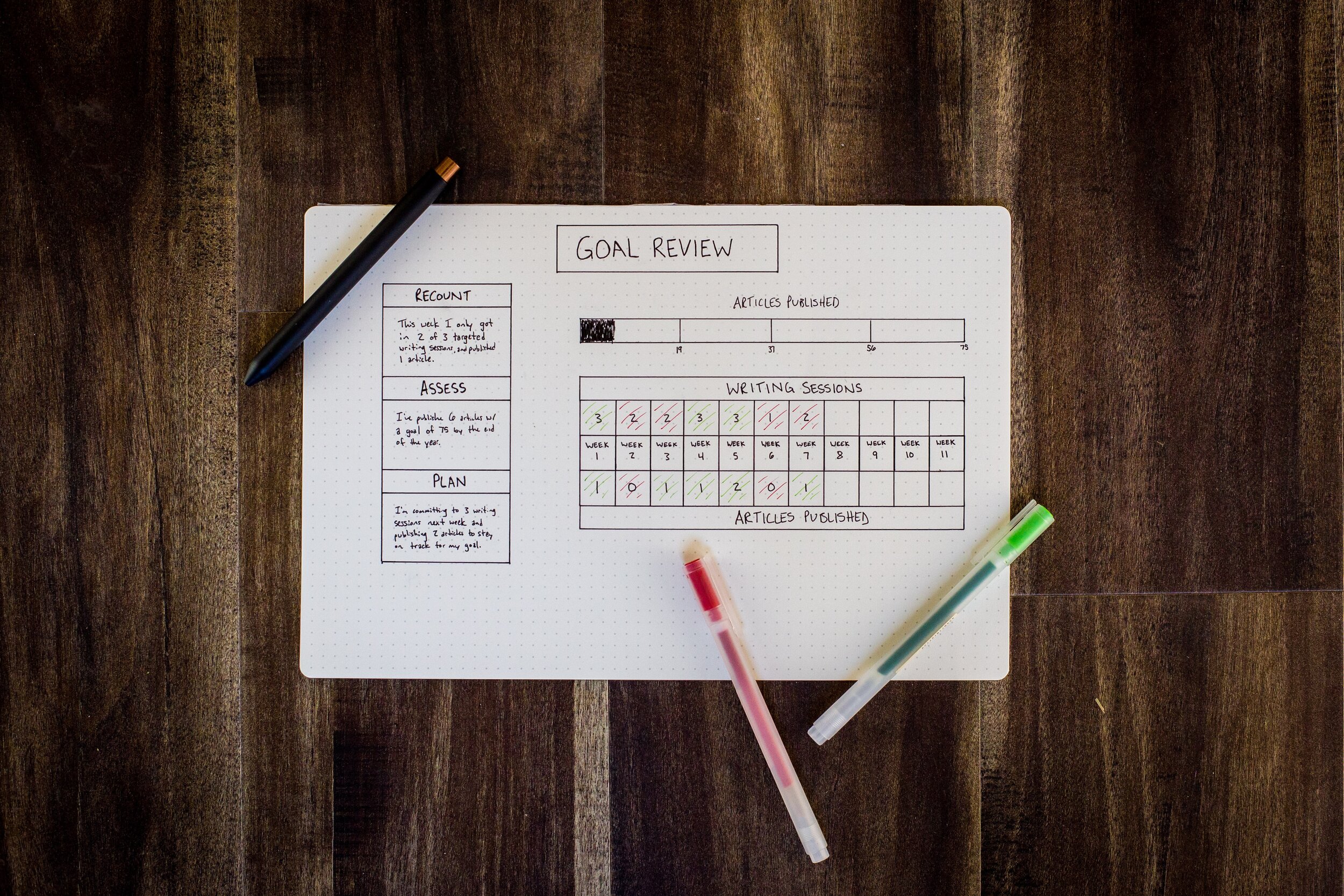
Brian Tracy is a motivational speaker that has posed a 7-step formula for increasing your productivity by 1000%. Tracy’s formula is based on incremental improvements. The idea is to increase productivity, performance and output by a small amount such as 0.1% or 1% each day.
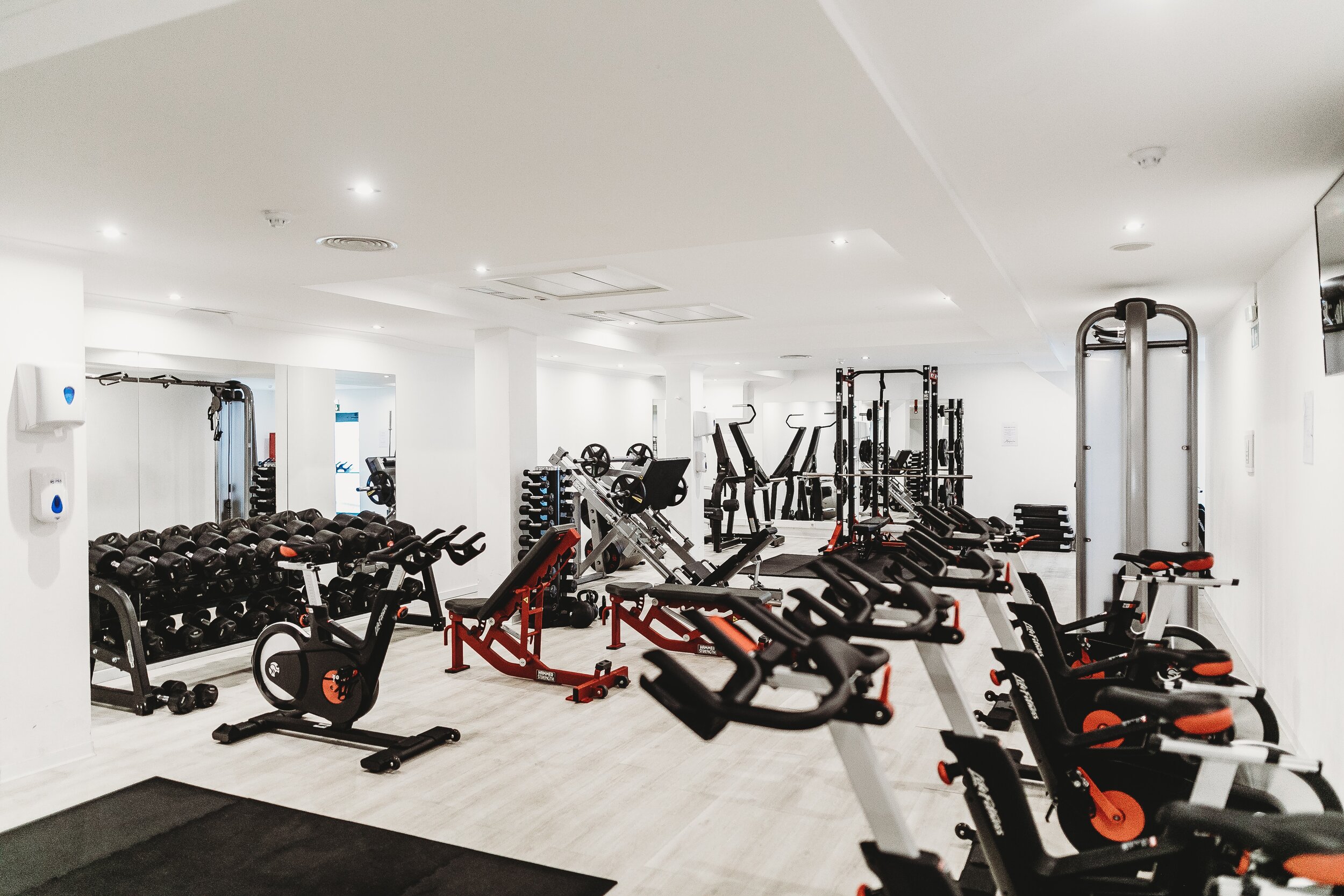
As the new year approaches and we begin to think about goals and resolutions, we all aim to have healthier and more positive habits, Creating good habits allows you to develop these goals and resolutions into automatic behaviors that you do naturally as part of your day to day life. How do you choose those new goals and turn them into healthy habits? List out the habits you’d like to adopt and then follow the tips below in order to move your goals into automatic pilot.